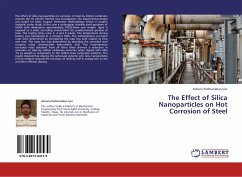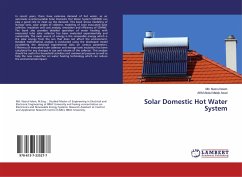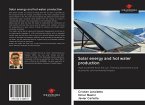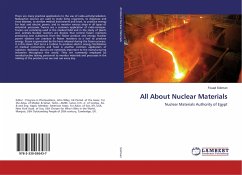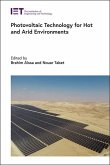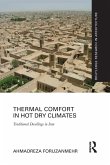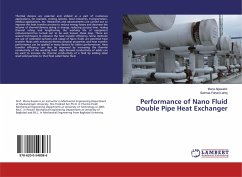The effect of silica nanoparticles on corrosion of steel by molten carbonate eutectic (42.7% Li2CO3, K2CO3) was investigated. The experimental design was based on static coupon immersion methodology where a coupon (material under study, in this case a rectangular stainless steel specimen of SS304 with dimensions approximately 5X20X.6mm and weight .5gm) is exposed to a static corroding environment for predetermined periods of time. The testing times were 2, 4 and 6 weeks. The temperature during testing was maintained at a constant 520C. The instantaneous corrosion rates were determined by normalizing the mass loss with respect to time and area. The mass loss was determined by descaling the corroded steel coupons using concentrated hydrochloric acid. The instantaneous corrosion rates obtained from all three times showed a reduction in corrosion of steel by molten carbonate eutectics when doped with silica 1% by weight in comparison to the molten base carbonate eutectics. The results showed that doping the carbonate eutectic with silica nanoparticles (1% by weight) reduced the corrosion of steel by half in comparison to the corrosion without doping.
Bitte wählen Sie Ihr Anliegen aus.
Rechnungen
Retourenschein anfordern
Bestellstatus
Storno

